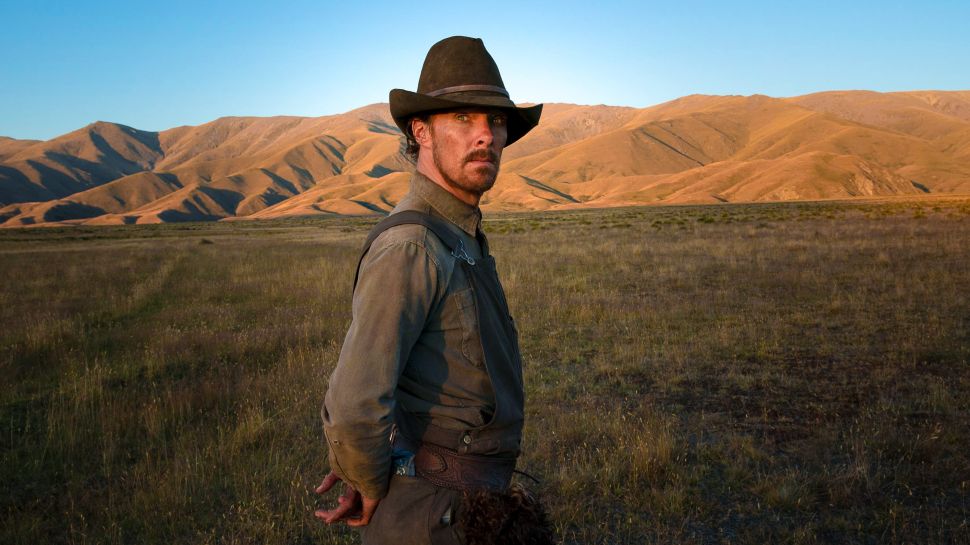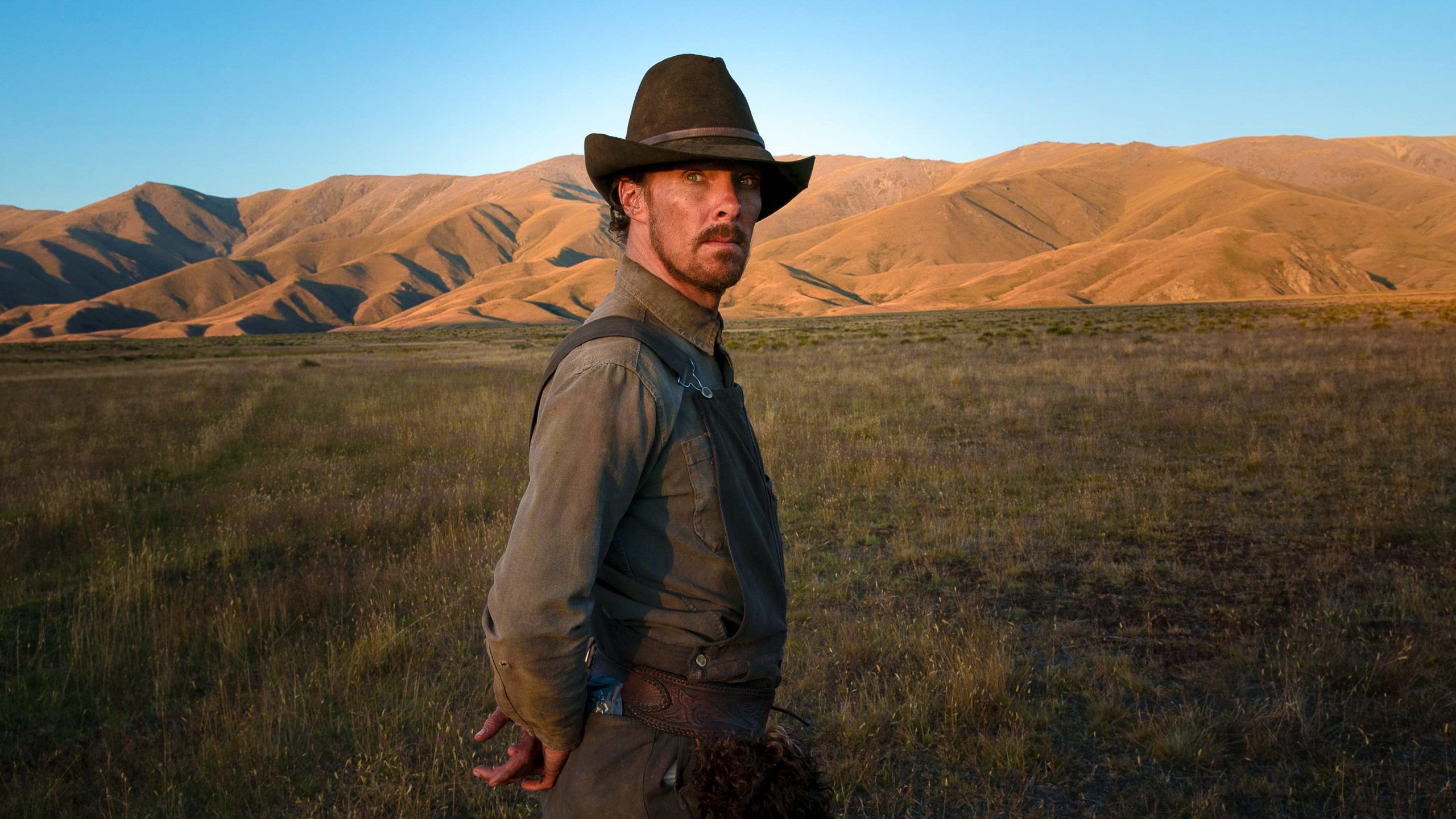With The Electrical power of the Pet dog, Jane Campion triumphantly reclaims the director’s chair after 13 yrs absent. Tailored from Thomas Savage’s 1967 novel of the identical name, Campion’s modern Western presses in opposition to a razor-slim membrane amongst gentleness and cruelty. It portrays masculinity at its most playful, most risky, and most hauntingly lonely, performing both equally as a searing exploration and a lovely tapestry of the minor, key moments that make up a person—all whilst unfolding towards the backdrop of cinematic myth.
Jesse Plemmons and Benedict Cumberbatch engage in brothers George and Phil Burbank, a pair of Montana ranch-house owners in a 1920s placing whose structure aspects have 1 foot planted firmly in the past century. The hefty, effectively-groomed George is commonly revered by the locals, while his lankier, far more rugged sibling is feared for his spiteful barbs and erratic habits. Phil calls his brother “fatso.†The words he reserves for persons outside his relatives are even extra unkind.Â
|
The Power of the Puppy ★★★1/2 |
One night, Phil bullies a scrawny teenage waiter, Peter Gordon (Kodi Smit-McPhee), and in an act of little but merciless dominance, utilizes Peter’s origami flower to light-weight his cigarette, as if he had been purging the boy—and himself—of compassionate sentiment. His verbal assaults also deliver the boy’s widowed mom Rose (Kirsten Dunst) to tears, leaving the delicate-spoken George to ease and comfort her in the aftermath. One brother is a deluge. The other is sunshine the morning soon after, and the sullen Rose shortly usually takes to him.
Having said that, as significantly as the siblings depict differing paths as a result of a modifying entire world, the film’s treatise on kindness and cruelty is born of the alluring dynamic in between Cumberbatch’s Phil and Smit-McPhee’s Peter, a pair of figures who sense like uncanny reflections of a single yet another. Cumberbatch, with his shaky American accent, plays a character who generally feels like he’s undertaking the position of a cowboy, from his unwashed hands to the way his spurs rattle and his boots thunder when he saunters into the place and towers above all people in it. In the meantime, Smit-McPhee’s dainty, lisping Peter isn’t fairly as adept at hiding the irritation with which he exists in his individual skin. His eyes usually path off in various directions, and the imposing Phil is brief to stage out Peter’s gawkish visual appeal, even although Phil’s eyes generally move the identical way. It’s a incredible bit of casting—Smit-McPhee may as very well be enjoying a youthful Cumberbatch—making it commonly obvious that regardless of what Phil hates in other individuals, he looks to detest initial and foremost in himself.
At the time George finds companionship in Rose, Phil begins acting out and pushing her into the margins of their family, with silent taunts which start to weigh on her soul. In general public, Phil is a menace. At the rear of closed doors, having said that, Campion captures devastating moments of isolation, for the duration of which his façade starts to crack. His reprieve is a realm of memory, and of a lost and legendary cowboy glory, represented by the saddle of his long-useless mentor Bronco Henry, a person we by no means see, but a man whose presence looms massive through the way Phil carries himself. He speaks of Bronco Henry as if he have been the stuff of legend—and a man’s guy to boot—though when no else a single is around, Phil’s habits betrays a suppressed tenderness.
The way Phil caresses the trophy saddle, and the treatment with which he grasps the late Henry’s handkerchief, start to peel again his concealed levels, as Campion paints a attractive photo of his unspoken previous and his repressed sexuality via pictures of his hands on your own. These moments are transient, but immensely touching. They are normally astonishing as well—a couple of fleeting seconds of Phil swimming alone in a creek, and childishly blowing bubbles beneath its surface area, are enough to imbue him with a rich historical past that clashes painfully with his existing.
Campion and cinematographer Ari Wegner have a keen eye for the contours of sprawling sunset landscapes, on which very long shadows morph into illusions, but the filmmakers also use this aesthetic technique to Phil himself. Their exacting digicam captures the aspects of Cumberbatch’s entire body in vivid hues, from the careful way he moves, to the way harsh gentle constantly looks to wrap its way all around his cheekbones (like Phil is knowingly positioning himself in its path), to the regular intention with which he lights his tobacco, typically in the dark corners of his barn, as if he have been lighting his personal dim self-portrait. His persona is as a great deal about physical posturing as it is about psychological survival, and each individual time he starts to smoke—a methodical motion repeated for the duration of crucial tale beats—it feels like a ritual, through which he fashions a more recent, additional impenetrable layer of his cowboy identity.
This id, having said that, doesn’t exist in isolation, and the film frames it as a double-edged sword. Rose and Peter frequently obtain them selves instantly in its path, and they in turn cling to their possess survival mechanisms in purchase to cope. Rose turns to the bottle—Dunst plays even the character’s cheeriest moments with the body weight of the environment on her shoulders—while Peter, a surgeon in the making, turns to his guides and his intellect, as options to the ranch’s severe, by-the-bootstraps mentality.Â
Just before lengthy, Phil’s cruelty gets an ever-current fabric permeating the total movie (an thought reflected in Johnny Greenwood’s haunting and atmospheric rating, which would seem to echo from just about every corner). When Peter adopts an lovable rabbit, this second of gentleness feels instantly sullied by a dark cloud. A little something is sure to happen to the innocent creature. Nevertheless, the eventual “what†and “how†of this inevitability set the film on an unexpected path, yet one particular that plays in fantastic harmony with the story’s most jagged and uneasy beats.
The Power of the Dog is a welcome return for Jane Campion, a person of New Zealand’s leading filmmakers and a person of the fantastic modern dramatists. With four great performances in tow, it unfurls a harrowing tale of suffering turned outward and inward all at once, by turning cinematic myths into melancholy memories, and repressed feelings into tender rhythms.
Observer Reviews are normal assessments of new and noteworthy cinema.

